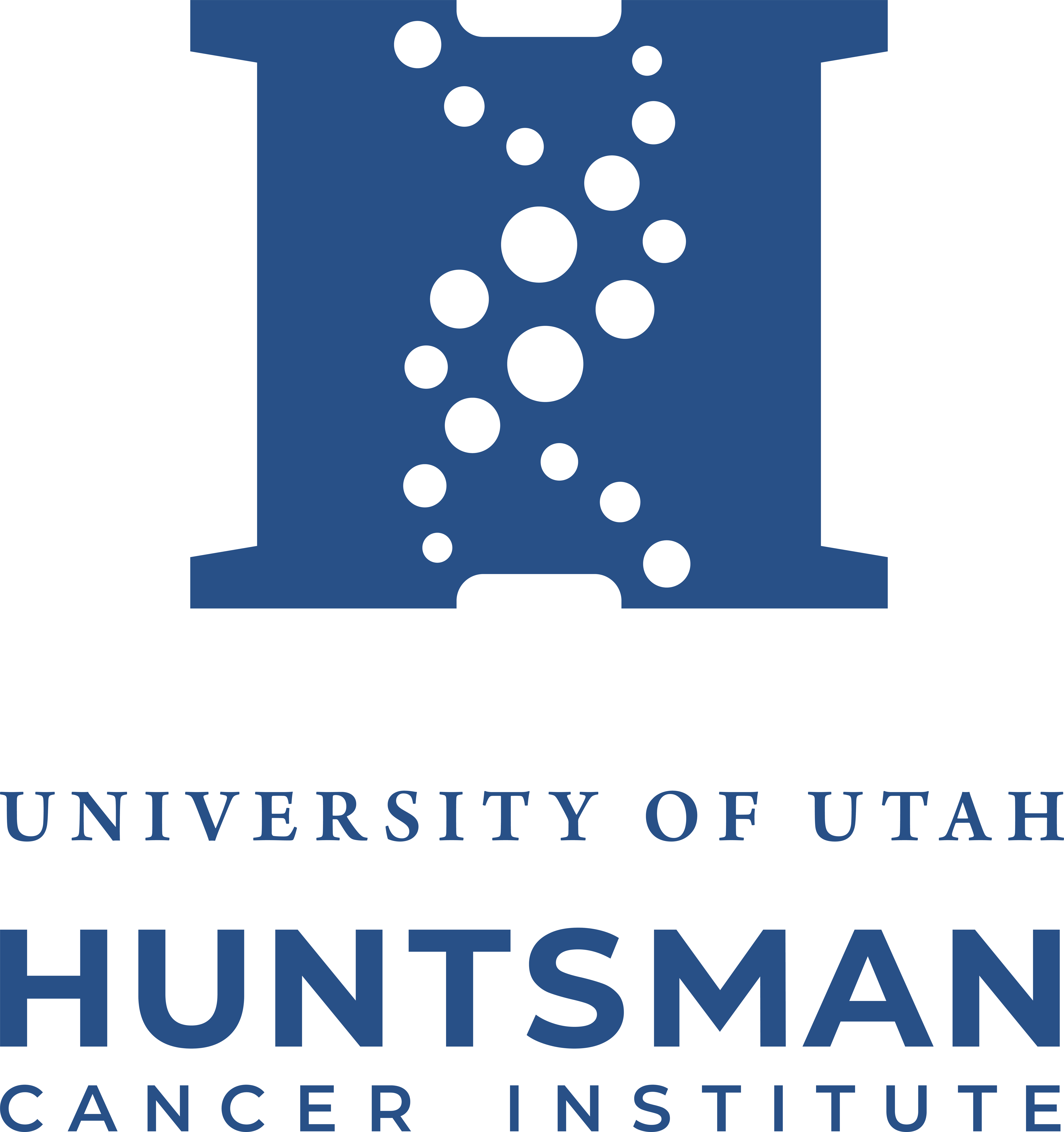
Dr. Patel on Post-ASCT Complications in Myelofibrosis

Sagar Patel, MD, discusses complications following allogeneic stem cell transplant that can occur in patients with myelofibrosis.
Sagar Patel, MD, director of Communications and Media Relationships for the Division of Hematology, University of Utah, Huntsman Cancer Institute, discusses complications following allogeneic stem cell transplant (ASCT) that can occur in patients with myelofibrosis.
Myelofibrosis is a myeloproliferative neoplasm that is often only curable with ASCT. However, due to some of the unique aspects of the myelofibrosis, patients can encounter several complications stemming from ASCT.
These unique aspects of the disease can include splenomegaly, which many patients with myelofibrosis present with at diagnosis. In patients with splenomegaly, the spleen acts like a sponge, and during an ASCT, stem cells are absorbed by the spleen, rather than the bone marrow, Patel explains.
Moreover, the bone marrow itself becomes fibrotic in patients with myelofibrosis, leading to a less hospitable environment for the stem cells to take hold during ASCT and potential issues with delayed engraftment, Patel continues. When patients experience delayed engraftment as a post-ASCT complication, this can cause several issues, including cytopenia, which would require patients to receive blood transfusions for a period of time, Patel adds. Following ASCT, patients are also at high risk for infections since they will be neutropenic for an extended duration, and those factors are associated with a higher mortality, Patel emphasizes.
Due to the higher rates of mortality in patients that present with these post-ASCT complications, the first 30 days following transplant are particularly critical, Patel explains. Compared with other hematologic malignancies, patients with myelofibrosis can experience a slower engraftment, which leads to these persistent challenges, Patel concludes.




































